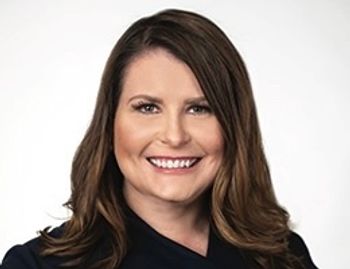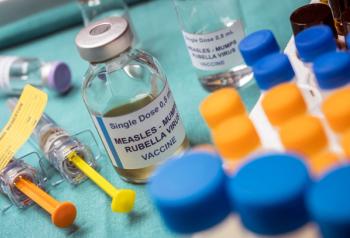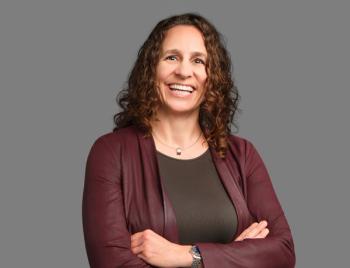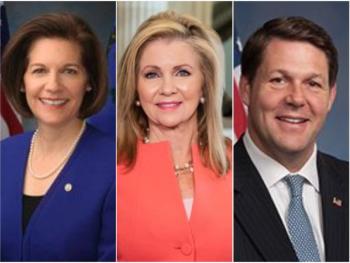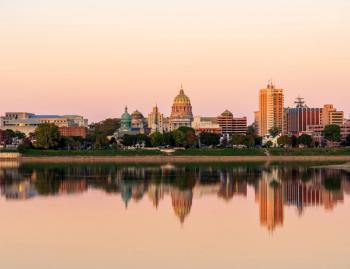
Data Science Bowl Yields 68K Algorithms and 1 Big Biomedical Break
How the competition, hosted by Booz Allen Hamilton and Kaggle, could change nuclei detection.
After 90 days and 288,000 working hours, the much-discussed fourth annual Data Science Bowl has ended. Run by Booz Allen Hamilton and Kaggle, the contest resulted in 68,000 algorithms, 3 winners, and one tantalizing opportunity for biomedical research.
The goal of
The ensuing algorithms are expected to salvage hundreds of thousands of hours each year, time that was previously burned by researchers who were forced to perform the task, according to the organizers. Nuclei detection is “vital” if researchers are to understand how treatments affect cells and the inner workings of biological processes, according to the Data Science Bowl.
>>
“These solutions represent a paradigm shift in the way microscopy images are processed in biomedical research and will make research more accurate and efficient,” noted Anne Carpenter, PhD, who directs the Imaging Platform at the Broad Institute of MIT and Harvard.
Her organization armed participants with “data from thousands of nuclei from a wide variety of imaging experiments,” which the innovators used to train their algorithms, according to the announcement.
The winners of the 2018 Data Science Bowl came from across the world, and one had even flirted with victory in a prior run of the competition. Thanks to their efforts, they will split $170,000 in cash and prizes, according to the organizers.
First place: A team from Russia and Germany, whose members previously played against each other, including Victor Durnov, Alexander Busalev, and Selim Seferbekov.
Second place: Minxi Jiang, a top 1% finisher in the 2017 Data Science Bowl.
Third place: Angel Lopez-Urrutia, a machine-learning-minded marine ecologist from Spain.
Now, Data Science Bowl stakeholders are exploring how to develop a software program that is open-source and user-friendly, enabling biomedical researchers to leverage the algorithmic breakthroughs in their daily work.
What’s more, this year saw an increase in the number of algorithms submitted—roughly 280% more than in 2017, according to Kaggle.
“The large number of forum posts and kernels resulting from this year’s competition [demonstrates] that we have fostered a growing community that is willing to share and learn together, which is truly inspiring,” said Anthony Goldbloom, Kaggle’s CEO.
Get the best insights in healthcare analytics
Related

